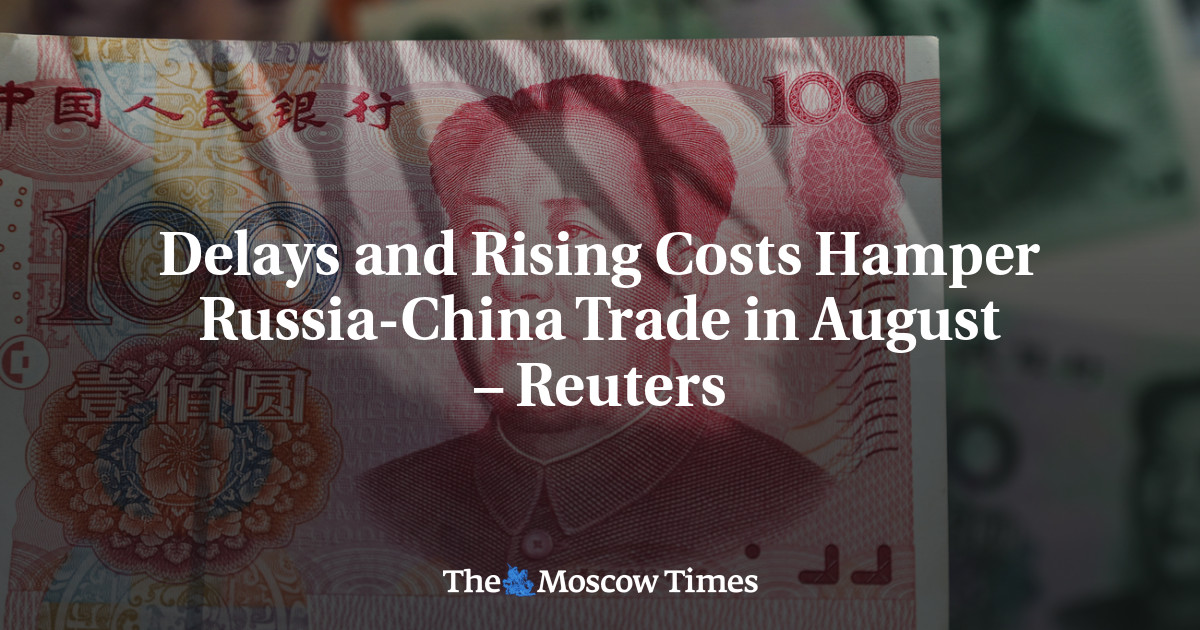
Russian payments for Chinese goods faced increasing delays and rising costs this past month due to stricter banking compliance in response to U.S. threats of secondary sanctions, Reuters reported Friday, citing Russian sources familiar with the matter.
Chinese state banks have reportedly halted transactions with Russian companies “en masse,” leaving payments worth billions of yuan in limbo. However, these challenges appear to affect smaller businesses and consumer goods companies more than larger Russian commodity exporters or Chinese technology exporters.
Banking sources told Reuters that cross-border payments in “priority areas” are still functioning smoothly, as both countries show a political will to maintain trade. Russian oil and grain exporters, for instance, reportedly “haven’t encountered issues in receiving payments.”
Despite these disruptions, trade between Russia and China grew by 1.6% to $137 billion in the first half of 2024. However, Russia’s imports from China saw a slight decline of over 1%, totaling $62 billion during the same period.
Washington expanded its secondary sanctions in June, giving the U.S. Treasury Department the authority to penalize foreign banks that engage in business with Russia.
In response, Russian companies have been navigating Chinese banking compliance checks by using intermediaries in third countries. As a result, transaction processing fees have reportedly jumped from nearly zero to as much as 6%.
“For many small companies, this means a complete shutdown,” a source close to the Russian government told Reuters.